Nine prominent Saudi judges arrested, accused of ‘high treason’ in MBS-attributed purge
Saudi Arabian authorities have arrested at least nine prominent judges amid reports that Crown Prince Mohammed bin Salman (MBS) is seeking to get rid of political dissidents and potential royal challengers with the aim of clearing his path to the succession once his elderly and ailing father, King Salman, steps down or dies.
Democracy for the Arab World Now (DAWN) reported that the judges are charged with “high treason” – a crime punishable by death in the kingdom. The judges are said to be loyal supporters of the 36-year-old prince, and the recent arrests bear striking similarities to previous purges of rivals of MBS.
Of the nine judges confirmed arrested, three came from the First-Degree Specialized (Terrorism) Court, three were from the Appellate Specialized Court, and the last three came from the High Court – the highest court in Saudi Arabia.
DAWN identified two of the judges as Abdullah bin Khalid al-Luhaidan and Abdulaziz bin Medawi al-Jaber.
Luhaidan convicted prominent women’s rights defender Loujain Alhathloul of baseless terrorism charges. Jaber sentenced a minor to the death penalty. He also sentenced many people to death in the mass execution of 81 men last month.
Saudi royals, billionaires, and senior government officials were tortured and blackmailed in early November 2017, when they were rounded up and detained at the Ritz-Carlton hotel in an extraordinary power play by MBS to remove people who could potentially pose a political threat.
“On the first night, everyone was blindfolded and nearly everyone was subjected to what Egyptian intelligence calls the ‘night of the beating,’” an unnamed source with intimate knowledge of what took place told the Guardian in November 2020.
The source added, “People were asked if they knew why they were there. No one did. Most were beaten, some of them badly. There were people tied to the walls, in stress positions. It went on for hours, and all of those doing the torturing were Saudis.”
The “night of the beating” was apparently intended to “soften up” the detainees before the interrogators arrived to question them about corruption.
Some of the prisoners spoke of being threatened with the release of private information, such as extramarital affairs, or business dealings that would have caused great controversy.
The purge, also nicknamed the “sheikhdown”, purportedly came at the price of breaking the trust between the monarchy and the Saudi business community.
One of the sources said the November 2017 round-up at the Ritz-Carlton hotel in Riyadh “was about consolidating [MBS’s] rule” and came before the cruel murder of dissident journalist Jamal Khashoggi at the Saudi consulate in Istanbul on October 2, 2018.
“The fact that he got away with it allowed him to do the latter. The same guards involved in the Ritz were involved in the killing. History won’t be kind to MBS on either,” the source said.
Ever since bin Salman became Saudi Arabia’s de facto leader in 2017, the kingdom has arrested dozens of activists, bloggers, intellectuals, and others perceived as political opponents, showing almost zero tolerance for dissent even in the face of international condemnations of the crackdown.
Muslim Saudi scholars have been executed, women’s rights campaigners have been put behind bars and tortured, and freedom of expression, association, and belief continue to be denied.
VIDEO | Iran's Leader backs legitimate protests in address on Social Justice
VIDEO | Press TV's news headlines
Hamas: Israel escalating ceasefire violations in Gaza
Venezuela's government declares unwavering unity behind Maduro
VIDEO | Global outcry over Venezuela president abduction
Iran keeps wheat import subsidies despite cutting other food supports
Venezuelan military stands with acting president after US kidnapping of Maduro
VIDEO | Press TV's news headlines


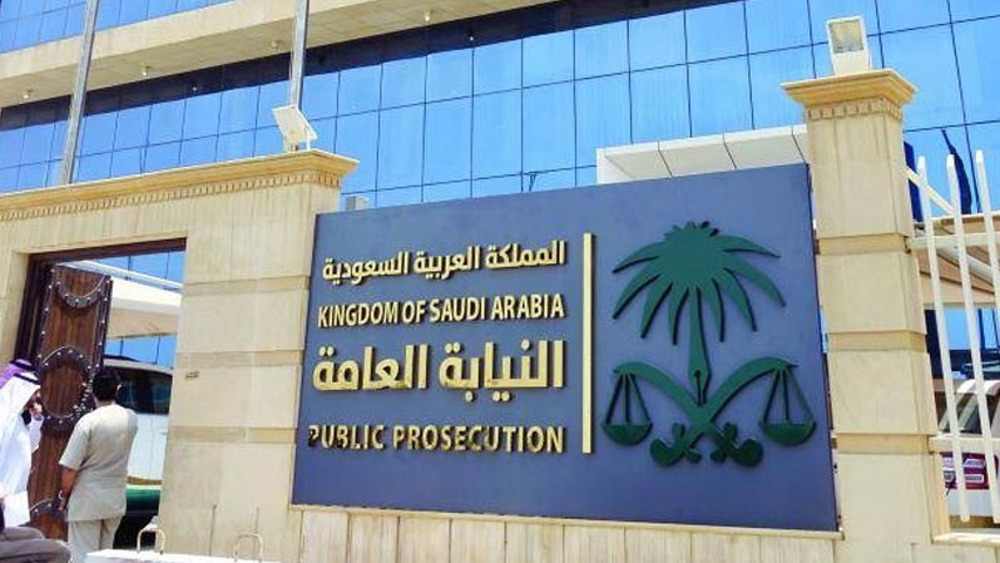
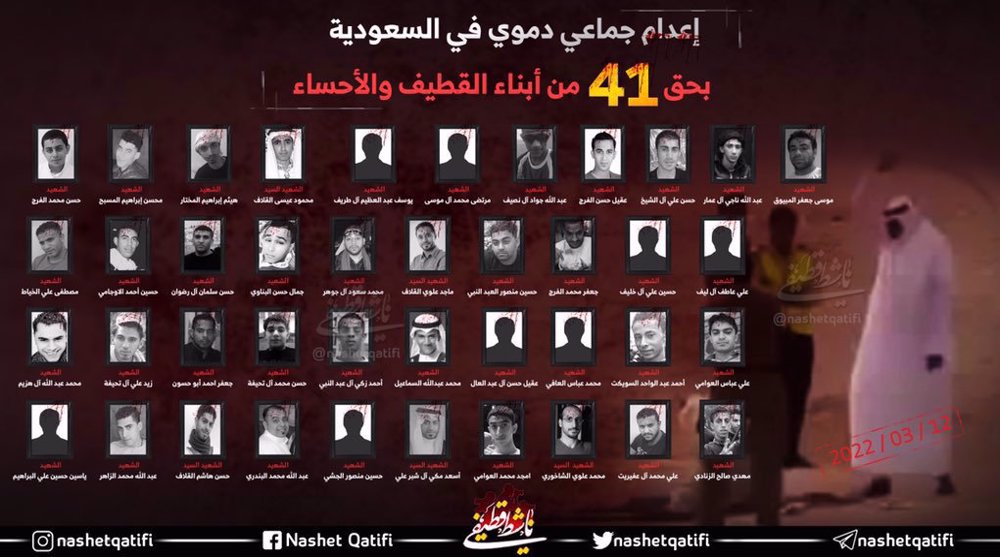
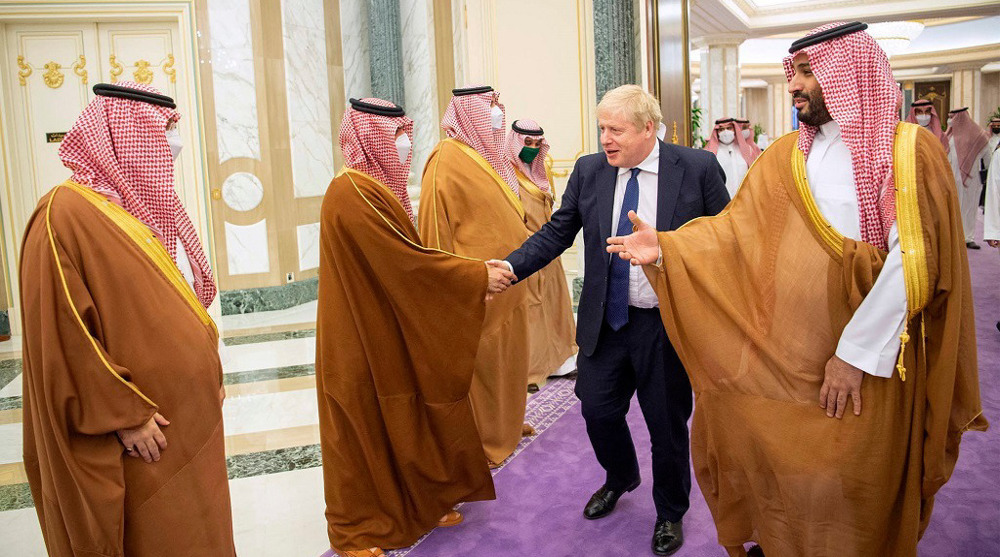
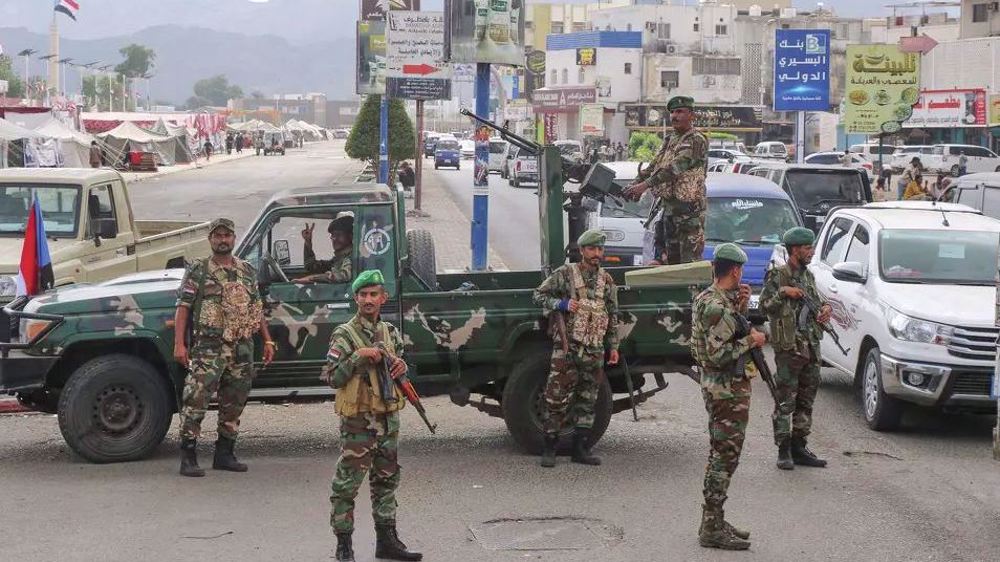
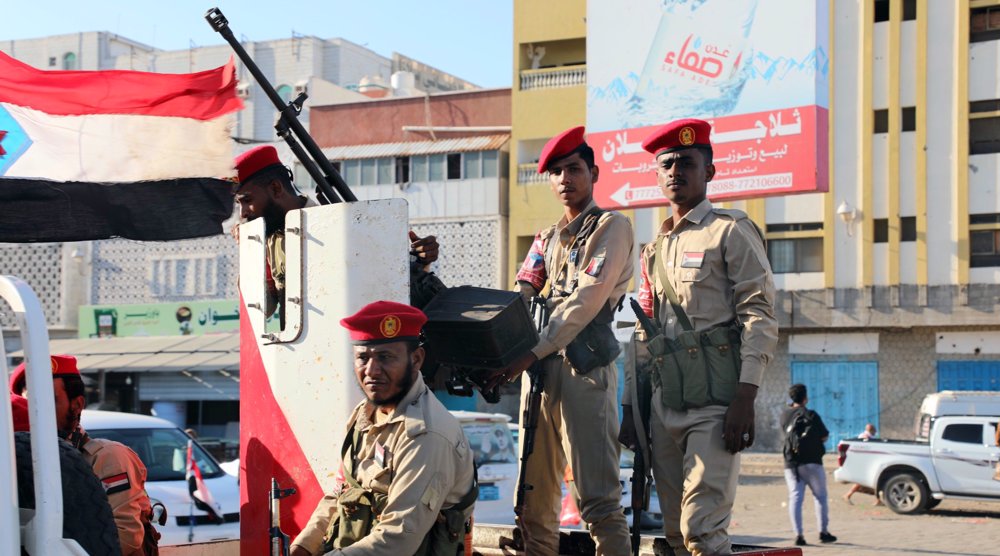
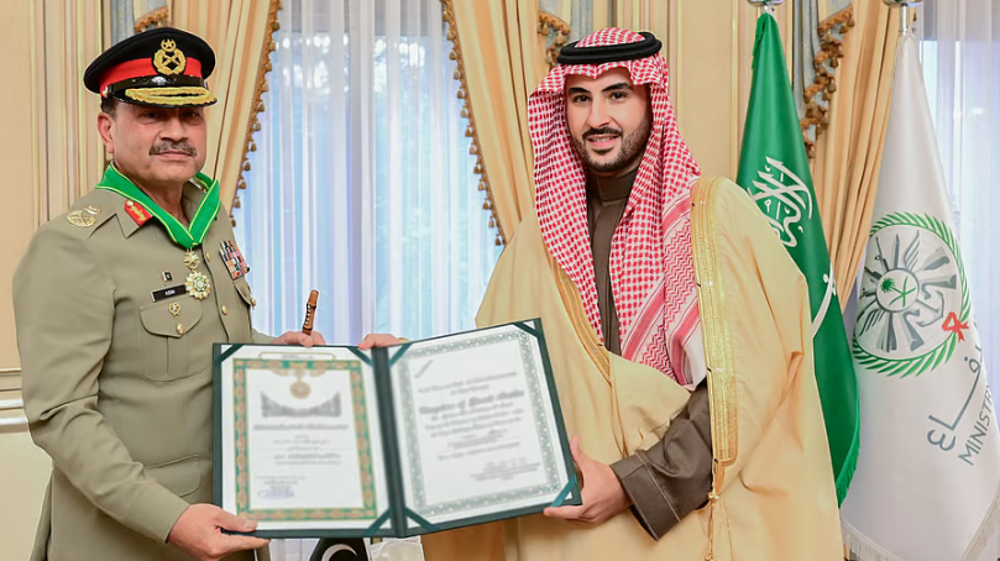



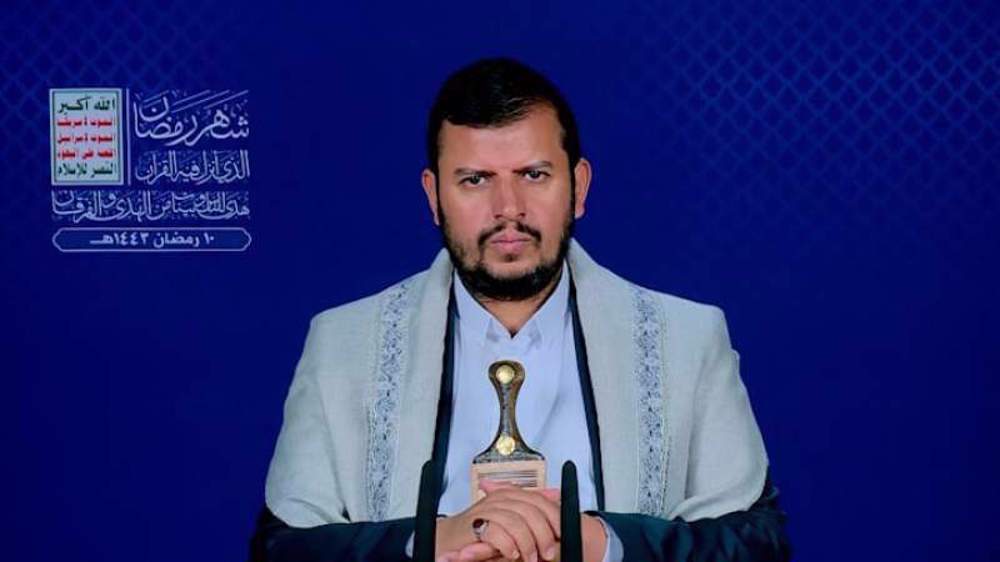
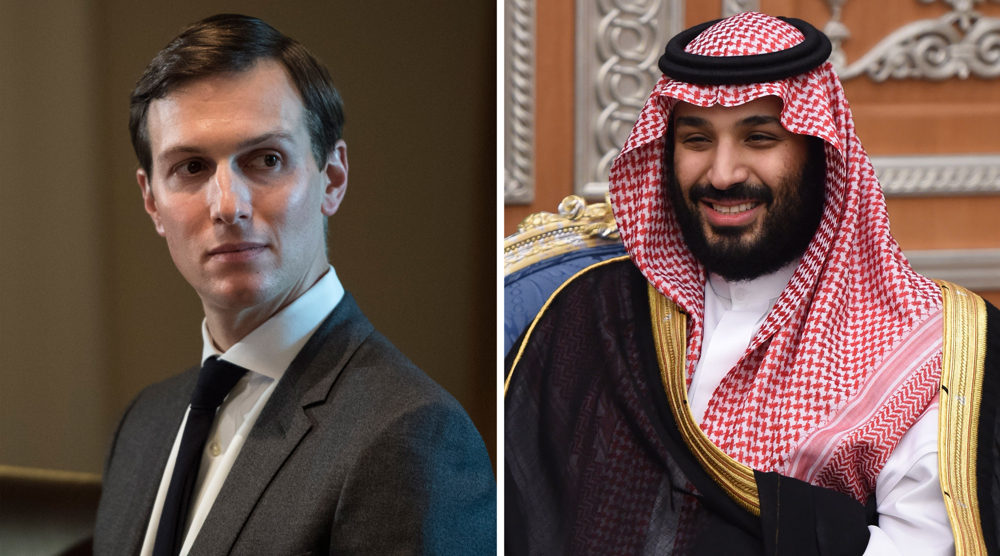
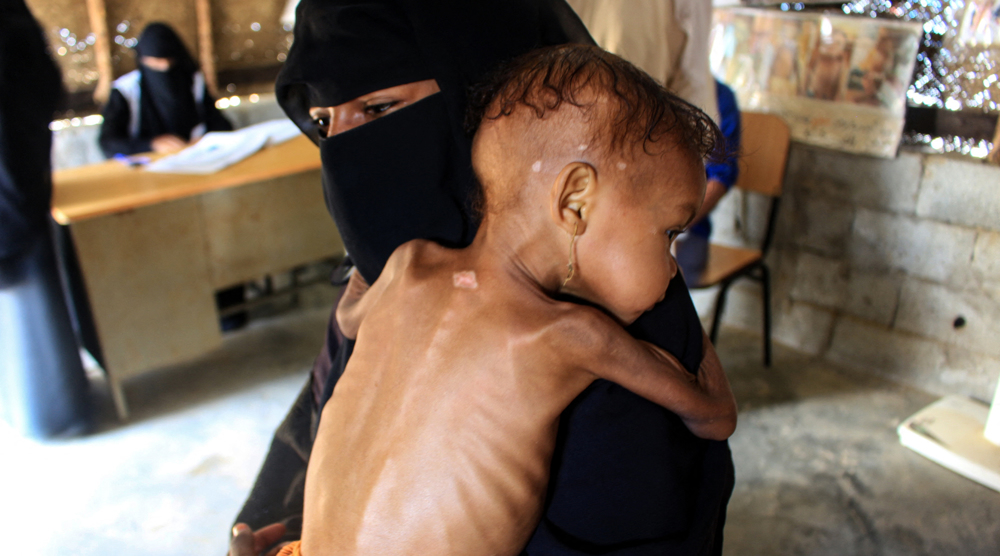
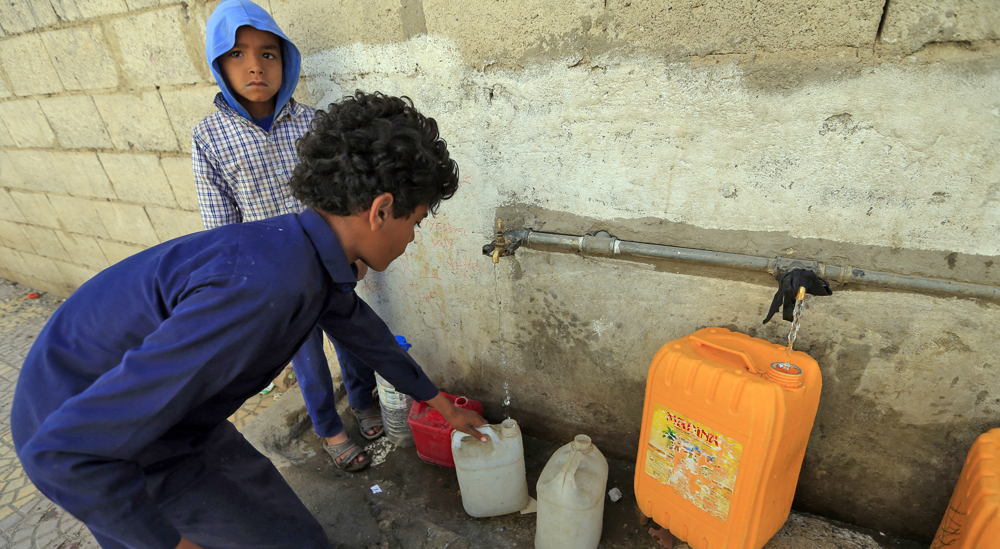
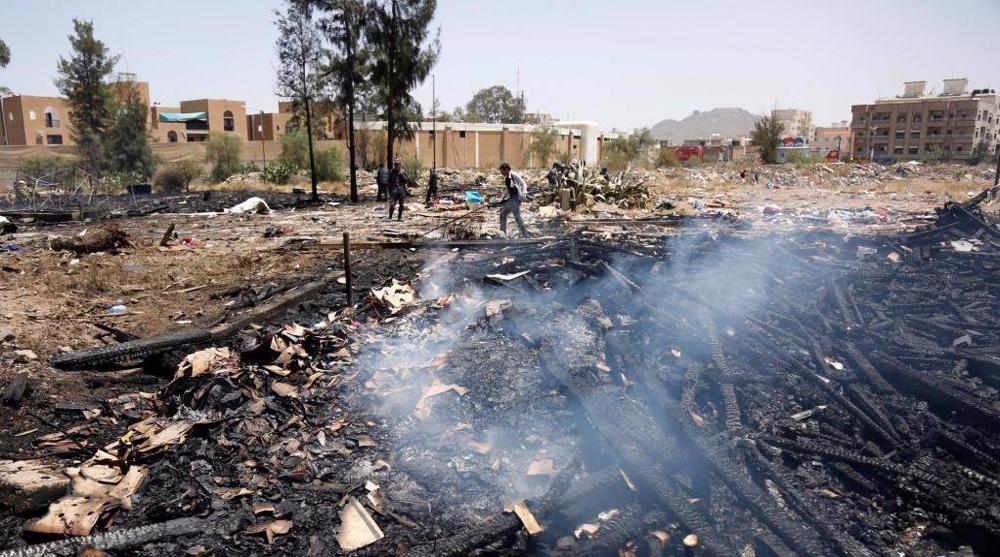
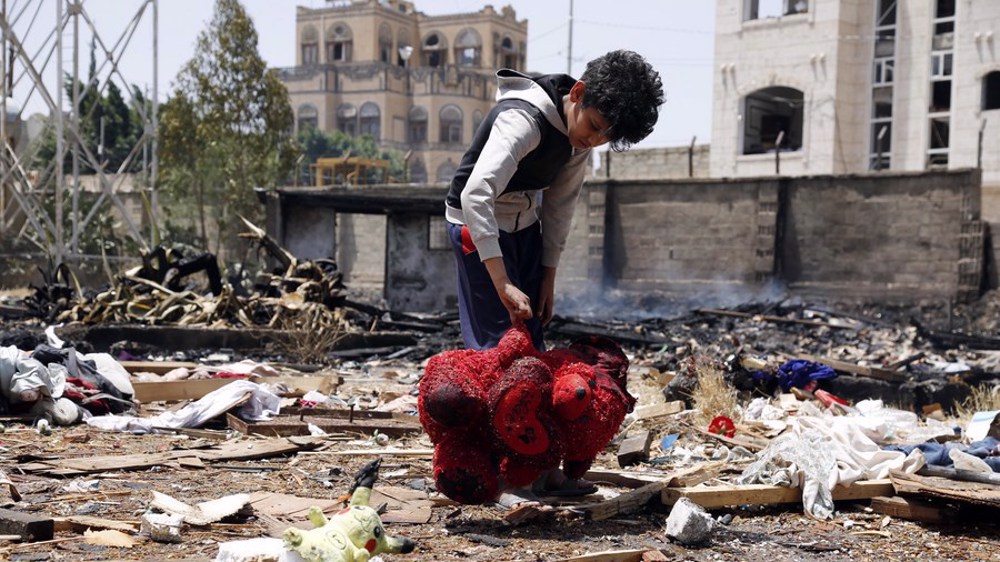
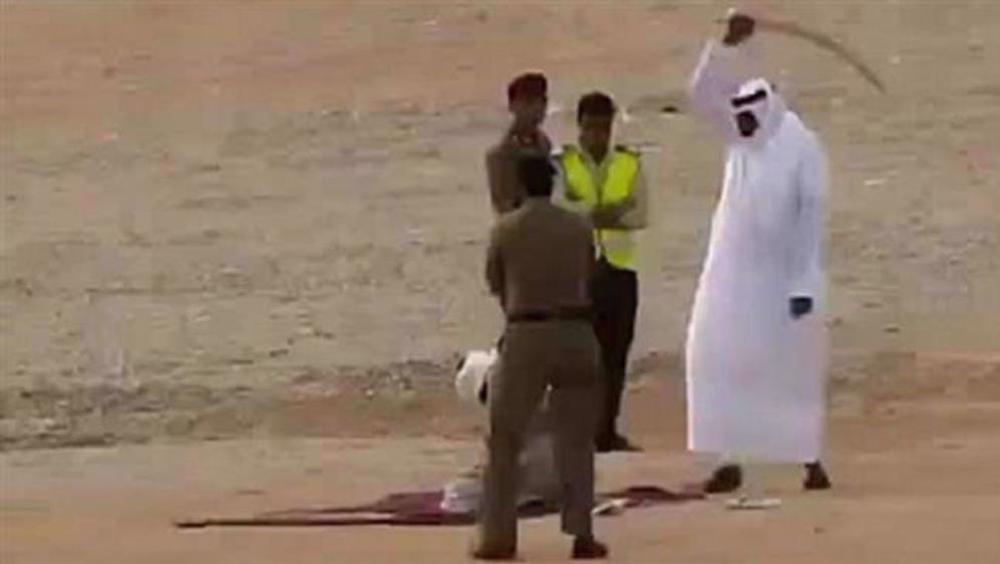
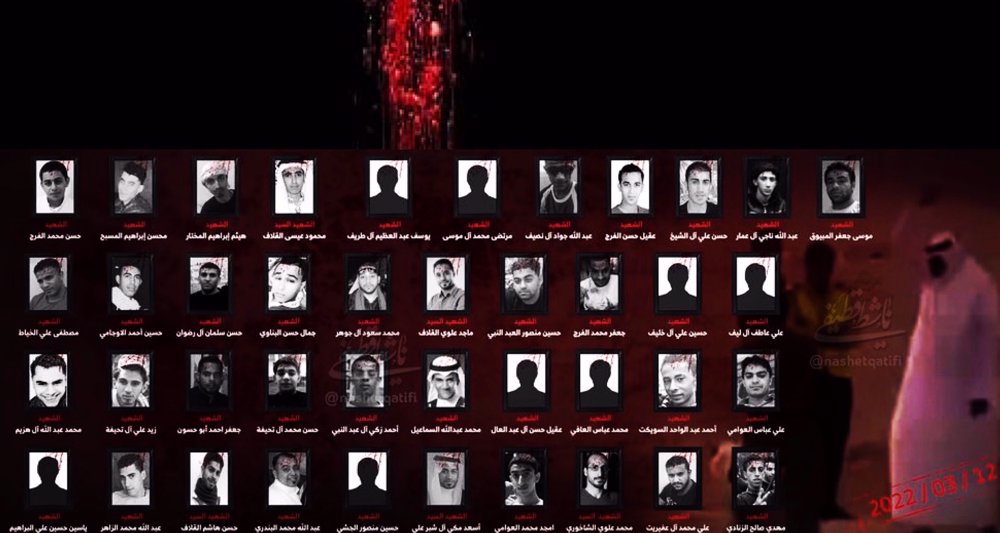
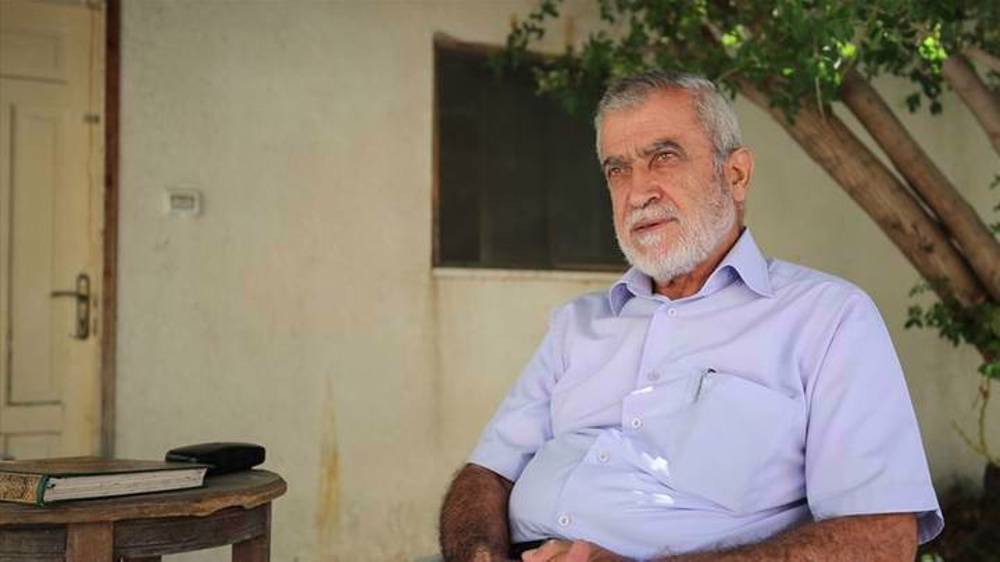

 This makes it easy to access the Press TV website
This makes it easy to access the Press TV website